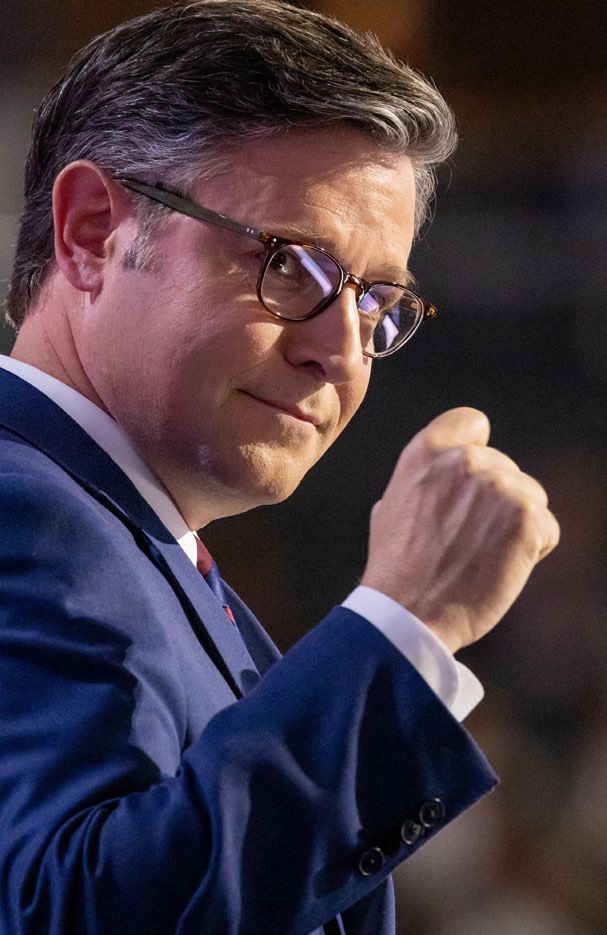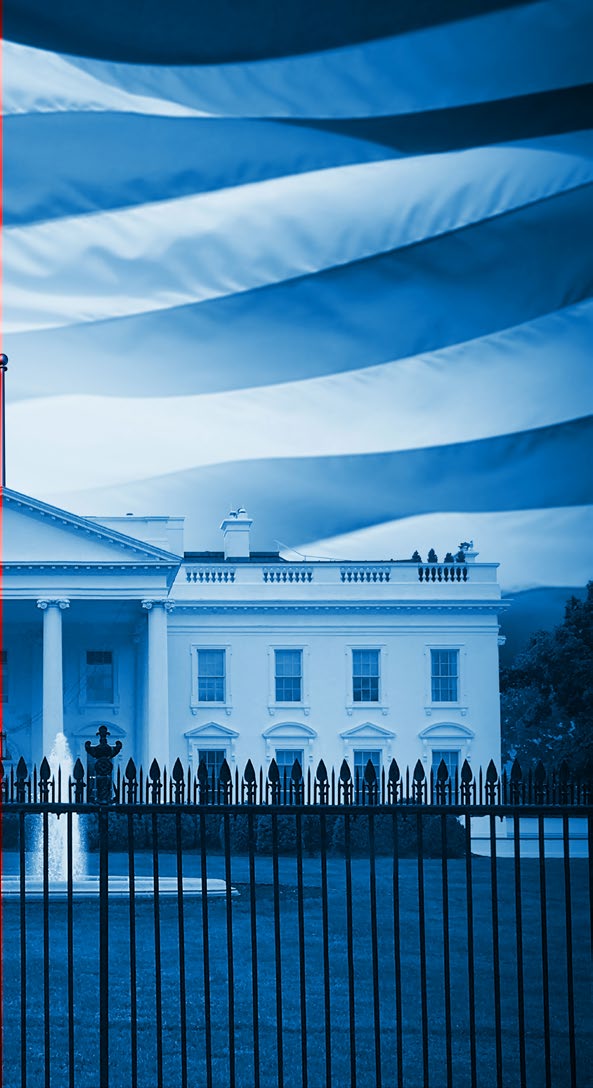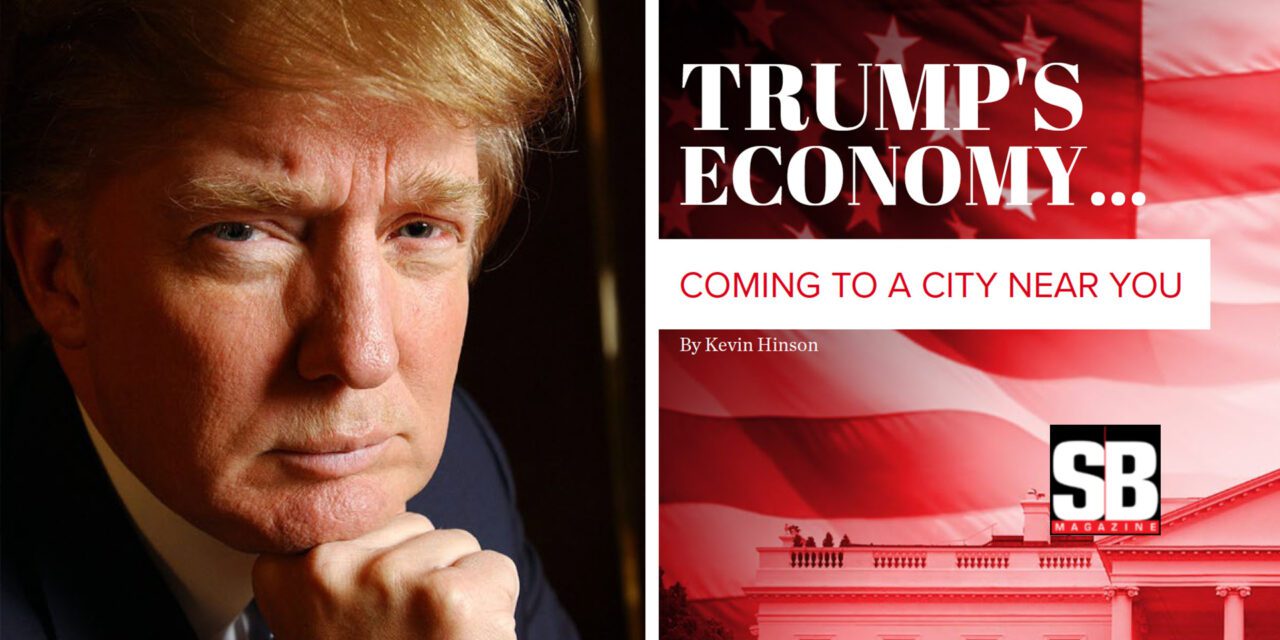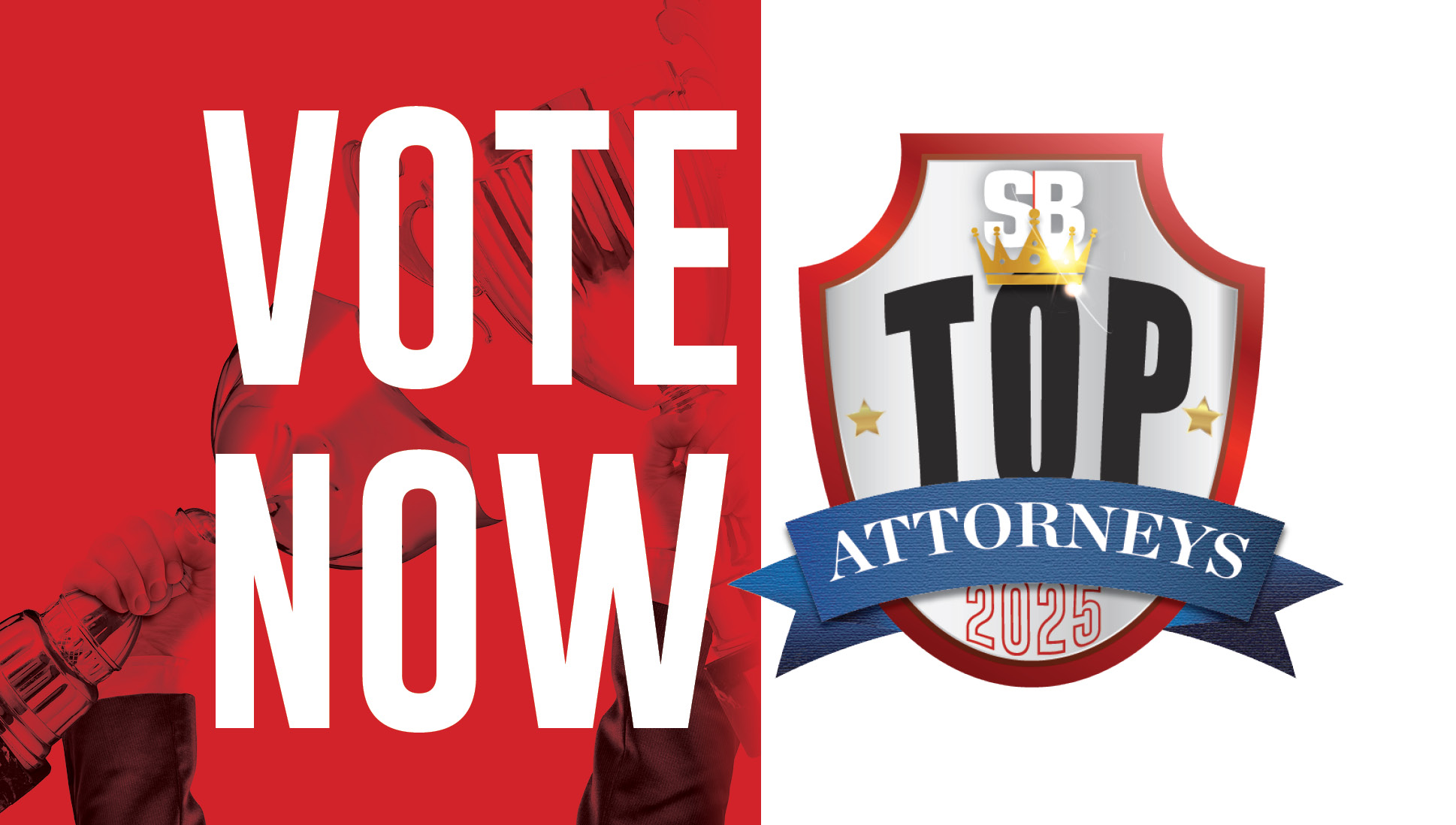As Louisiana’s own James Carville once said, “It’s the economy stupid.” Well, apparently, the Democrats ignored one of their most infamous strategists. Donald J. Trump has beaten the Harris campaign decisively, and he will take the oath of office as the 47th President of the United States in January. This makes Trump only the second president in U.S. history to serve nonconsecutive terms, the other being Grover Cleveland in the late 1800s as the 22nd and 24th president. Trump’s first term was recent enough that most people probably remember what the economy was like and its effect on our everyday lives…what about this next term?
Some of the finer points of Trump’s first term may not have been known by the populace, but here are some facts and figures from the U.S. Bureau of Labor Statistics from 2019, the last year before the Coronavirus disrupted the world’s economy: in November, the U.S. unemployment rate was at its lowest in half a century at 3.5%, seven million people were lifted off food stamps (SNAP). Seven million jobs had been added to the economy. The average annual income for American households was also the highest ever recorded, at $68,700 a year. The DOW Jones repeatedly set record highs, which were over 20,000 and 30,000 back then (and has continued climbing through the Biden administration, likely because of Trump’s deregulations and Tax Cut sand Jobs Act of 2017 that was still in effect, which Trump is looking to extend beyond its original sunset date of 2025 in his next term), along with the S&P 500 and NASDAQ. Within a week of Trump’s reelection, the DOW Jones set a new record high, without him even being in office yet: Wall Street knows what a Trump presidency means.
Observing what happened during the Biden administration also tells us what not to expect from the upcoming Trump administration. Inflation (which Ronald Reagan once called “the cruelest tax on the poor”) was immediately felt by all Americans after President Biden took office: he shut down the building permit for the Keystone XL Pipeline on his first day in office, which was a 1,200- mile pipeline designed to transfer 35 million gallons of crude oil a day from Western Canada to Nebraska, and then to oil refineries on our Gulf Coast. When energy became scarcer without demand going down…

prices for everything went up: as of this year, grocery prices have risen by almost a third and gas prices by 50%, with a 20.1% increase in prices overall as of this summer, while prices only rose slightly under 7.8% over Trump’s presidency. This inflation peaked at a 40-year high in 2022. Biden cited climate change concerns as the cause for shutting down the pipeline. This move cost Americans dearly with cost-of-living increases in every sector: the Senate Joint Economic Committee, using data from the Consumer Price Index and the Consumer Expenditure Survey, compiled a report in November 2023 showing that American households needed an average of $11,434 more in November 2023 than they did in January of 2021 to maintain the same standard of living (Louisianians needed $9,594 more). Inflation was only at 1.4% when Trump left office.
What are some of the “human costs” these policies have had? Because of the most rapid increase in mortgage interest rates since 1981 (peaking at 7.79% in October 2023), monthly mortgage payments were 96% higher in November this year than in January 2021. By March of 2023, Americans delinquent on their car note reached its highest level in 17 years and jumped 20.4% from the previous year. Businesses? Retail stores are closing or have closed by the thousands: 900 CVSs, 1,200 Walgreens, and 600 Family Dollars, to name a few, and major retail chains like Bed Bath and Beyond have gone bankrupt.
Nearly half of small businesses surveyed in July said they wouldn’t survive a second term under Biden, and since Kamala Harris said “There’s not a thing that comes to mind” that she would do differently than Biden, those businesses would have failed had she been elected, businesses like Maxwell’s Market in Shreveport that closed in January this year. Maxwell’s likely wouldn’t have closed under a second Trump administration.


So, what is Trump proposing for his second term? More of the same: he wants to extend the Tax Cuts and Jobs Act (which was going to sunset at the end of 2025), bring back SALT deductions (they’ve been capped at $10,000 by the TCJA), reduce the corporate tax rate even further from the 21% rate he lowered it to previously to 15%, “Drill baby drill” (which brings down the cost of domestic energy), and perhaps his personal favorite…tariffs. Much ado has been made about how tariffs will affect the price of goods for the American consumer. After living four years under Trump and Biden, judge for yourselves which administration goods are cheaper for you to buy. That is the actual effect of tariffs. What could all this mean for Shreveport-Bossier? Well, Shreveport’s newest investor and currently the secondlargest property owner in downtown Shreveport, “50 Cent,” posted a selfie with President Trump on Instagram shortly after Trump’s win congratulating him. Mr. Jackson’s enthusiasm is likely linked to Trump’s economic success in the past, which could help his future pursuits (he wishes to become Shreveport’s top property owner). The old GM plant that was shuttered in 2012, which at one point had 3,000 employees, has been running in a limited capacity since, with Glovis America using 125,000 square feet of the 3.1 million square foot facility. The plant recently had a new tenant come in, an energy innovation company named SLB (a shortened version of “Schlumberger”), occupying another 1 million square feet for its operation, bringing in almost 600 new jobs.
An improved, pro-business economy could spur further use of the plant. It should be noted our very own representative in Congress and the Speaker of the House, Mike Johnson, has been consistently praised by Trump and has a nearchummy relationship with him, which could lead to favor for our area.

Outside of the nitty gritty details, Trump’s win more than likely means locals will have more money in their pocket, businesses won’t close, some could even start, there won’t be as much pain at the pump, it will be easier to buy a home…our well-being will feel prioritized. The help will be too little too late for some people… but better late than never. Trump has made no bones about who he prioritizes: America First.






